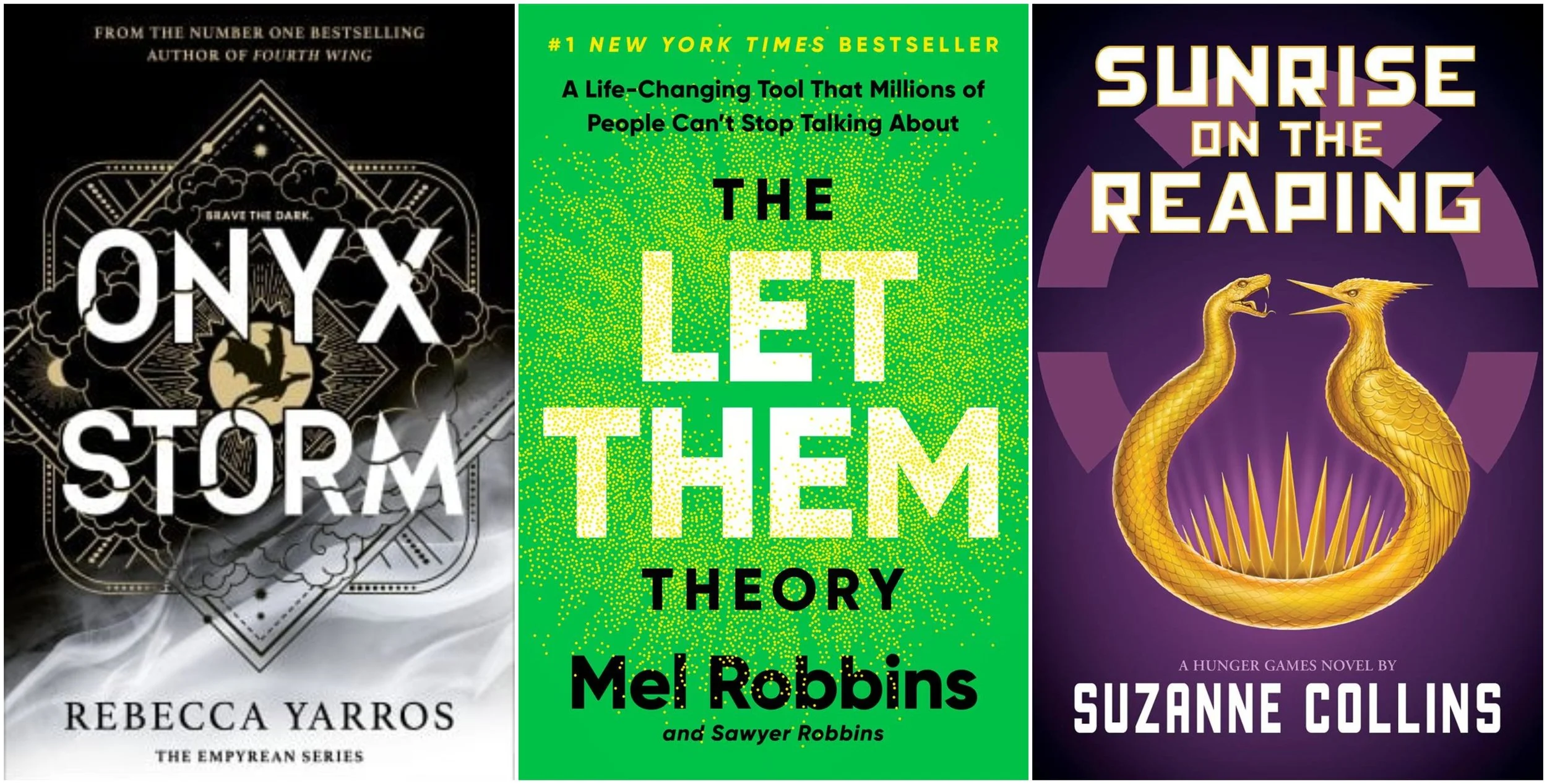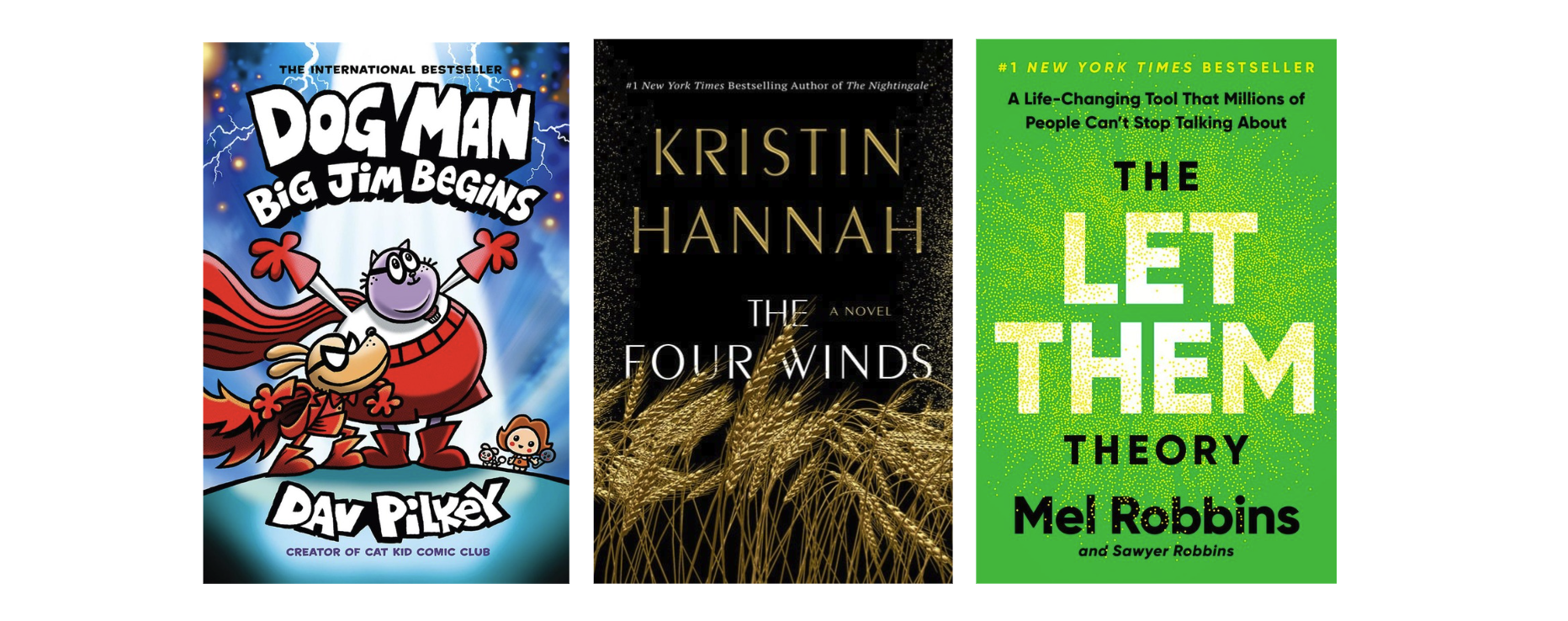Tech Forum turned 15 this year and part of the celebration of this huge milestone included putting past sessions back on the menu. For the last instalment of our celebratory blog series, Tech Forum to-go, we brought back the 2018 session The metadata is the message presented by Tricia McCraney.
The metadata is the message
Tricia McCraney is a veteran in the publishing industry and currently works as a Projects Consultant for Virtusales. In this presentation, Tricia used real-life examples to share tips and tricks for enhancing ONIX data, avoiding common metadata missteps, and minding best practices. After all, your marketing message lives in your metadata, and that message should be clear.
Here are five takeaways from this session:
Takeaway 1 — ONIX is your marketing message
Tricia begins her presentation by asking the audience, what is ONIX? And then proceeds to share a simple formula of what ONIX represents: tags + codelists + data. Tags represent the data elements that are defined and used in ONIX; codelists represent the standard, controlled vocabulary maintained by EDItEUR; and data is the information publishers create and share. But in a more practical sense, Tricia says that ONIX is the marketing message and should be treated as such.
Takeaway 2 — Getting to know data recipients is key to creating good and effective metadata
Publishers produce large quantities of ONIX data, but do they know who the recipients are and how they use the data they receive? Establishing relationships and communication with data recipients — trading partners, retailers, distributors, aggregators, etc. — can help understand what their interests are, their ability to ingest the data, and ultimately find out what they care about.
Takeaway 3 — Most data recipients want to know the when and where
The things most data recipients care about can be grouped into three categories: dates, status, and market. In other words, the when and where.
Dates include publication date, on-sale date, and embargo dates. For a more in-depth take, Tricia recommends reading this BookNet user document about date recommendations for Canadian publishers.
Status relates directly to the publishing lifecycle, from prepublication to being available, going out of print or getting abandoned.
When it comes to market in ONIX, there are three main things data recipients need to know about:
Sales rights — this describes the rights that publishers have acquired from the author, contributors, or creators.
Market or territory — this can be a region where the book is being sold i.e.: worldwide, the United States, and Canada.
Supplier — this includes information about who’s selling the book, the price point, currency, etc.
Takeaway 4 — Understanding how “work” relationships can be represented in ONIX can hugely improve a book’s metadata
When we talk about relationships in ONIX, we talk about work identifiers or work IDs, related products, and edition info.
In a nutshell, work identifiers are unique numbers that facilitate a mechanism that allows data senders to communicate information about a title or group of titles.
Related products tell us what titles we have that relate to others, for example, the replacement of a book, the titles that are related to another ISBN, etc.
Edition information includes insights into available formats.
Takeaway 5 — Consumers care about accuracy and easiness in accessing information
Consumers want information that is authoritative, consistent, complete, and accurate. This includes providing information about the author or contributors, series, audience, and subject. As well as making sure that the information is fielded properly — title, subtitle, description, contributor biography, etc. all have a place in ONIX and is important to get familiar with the standard and the preferences of data recipients. Data that is not properly fielded will display incorrectly on retailers’ websites and other places where the public has access to the title’s metadata. Remember that the quality of your ONIX metadata can make or break the discoverability of your titles and impact the effectiveness of your marketing efforts.
Watch the full session below
Further reading
Read this blog post by EDItEUR’s Graham Bell to learn about work relationships and ONIX codelist issue 59.
Find out if Canada is a market in this blog post by BookNet’s Bibliographic Manager Tom Richardson.
Access a wide range of content related to ONIX, standards, and metadata on the BookNet Canada blog.
Hungry for more Tech Forum?
Sign up for our newsletter, subscribe to our YouTube channel, and keep your eyes peeled on our website to register for upcoming webinars and rewatch old favourites.
Order up!














Insights into romance trends and the performance of Heated Rivalry.